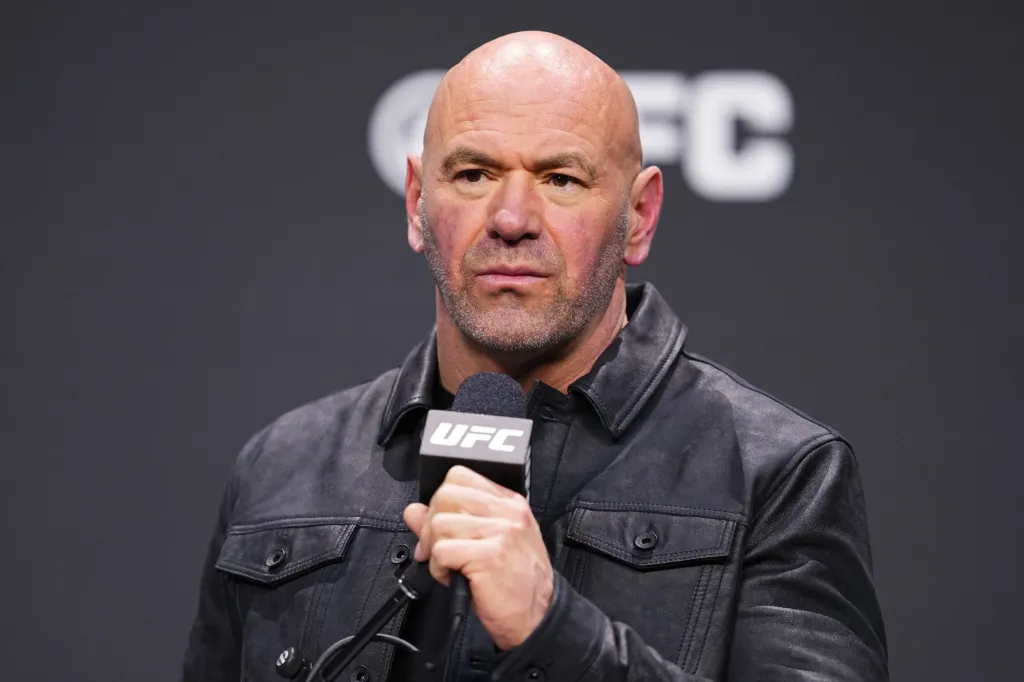 The Ultimate Fighting Championship (UFC) has been at the center of a significant legal storm, culminating in a proposed $335 million settlement with former fighters over two longstanding antitrust lawsuits. This settlement, announced in March 2024, aimed to resolve claims that UFC monopolized the mixed martial arts (MMA) market, restricting fighters' earning potential and freedom through exclusive contracts and market control.
The Ultimate Fighting Championship (UFC) has been at the center of a significant legal storm, culminating in a proposed $335 million settlement with former fighters over two longstanding antitrust lawsuits. This settlement, announced in March 2024, aimed to resolve claims that UFC monopolized the mixed martial arts (MMA) market, restricting fighters' earning potential and freedom through exclusive contracts and market control.
The lawsuits, initially filed in 2014 and 2021, accused UFC of creating a monopsony, where it was the primary buyer of fighter services, thereby controlling wages and competition. The settlement, while substantial, was met with mixed reactions. Some within the MMA community viewed it as a victory, citing the financial compensation and the potential for structural changes in how fighters are contracted. However, the settlement's approval process hit a snag when Judge Richard Boulware set a trial date for February 2025, after rejecting an earlier settlement offer. This decision was based on concerns over the adequacy of the payout and the implications for ongoing fighter contracts.
The discussions on platforms like X reflect a broad spectrum of opinions. There's a sentiment of anticipation for how this might reshape UFC's business model, potentially affecting fighter pay, contract terms, and competition within the MMA industry. Critics argue that while the settlement is significant, it might not address the core issues of fighter autonomy and market competition adequately.
The ongoing legal battle and its outcomes are pivotal, not just for UFC but for the entire sports industry. They could set precedents for how athlete labor is managed in sports leagues, influencing everything from contract negotiations to the emergence of rival promotions. The UFC's case, therefore, isn't just about legal victories or financial settlements but about defining the future landscape of professional sports and athlete rights.


